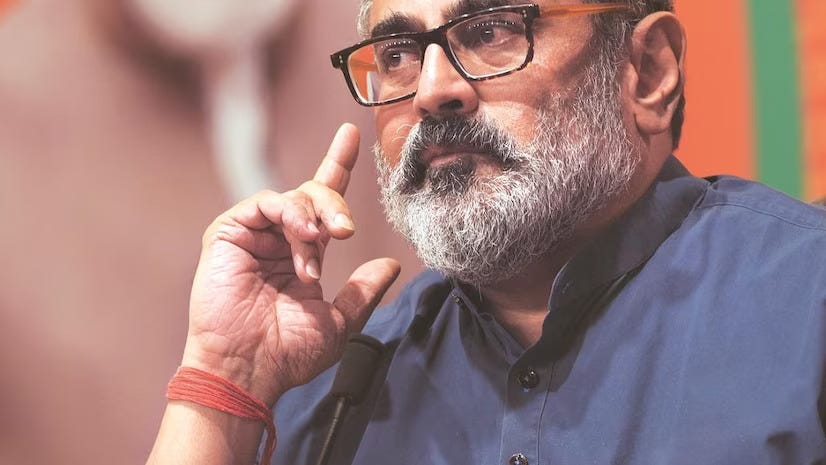Good Morning!
Hope you’re feeling bright and ready today! Let's start this day with some exciting AI news. We're here to make it easy and fun for you to catch up on the latest. So, grab a cozy spot, maybe a cup of coffee or tea, and let’s get into it together. Ready? Let’s go!
The Rise of Claude 3 - Surpassing GPT-4?
Anthropic's Leap in AI: Introducing Claude 3
In a groundbreaking announcement, Anthropic has taken the wraps off Claude 3, its latest AI marvel, setting the tech world abuzz. With the introduction of Claude 3, Anthropic boldly steps ahead, positioning its new model as surpassing the capabilities of OpenAI's GPT-4. But it's not just about raw power; Claude 3 debuts with three distinct versions - Haiku, Sonnet, and the powerhouse, Opus - each designed to cater to different needs and surpass competitors in various ways.
Performance That Speaks Volumes
Claude 3 isn't just another AI model; it's a declaration of Anthropic's commitment to pushing the boundaries of what AI can achieve. Opus, the flagship variant, has been showcased to outperform both GPT-4 and Google's Gemini across various benchmarks. Meanwhile, Sonnet and Haiku offer versatile and cost-effective alternatives, ensuring there's a Claude 3 model for every need and budget.
With capabilities extending to processing images for additional context and a refined balance between safety and performance, Claude 3 is engineered to handle complex instructions and deliver structured responses across multiple formats. This positions Anthropic's latest offering as a formidable contender in the evolving AI landscape.
Why This Matters to You
The arrival of Claude 3 signifies a pivotal moment in AI development. Its diverse range of models, from the robust Opus to the lean Haiku, addresses the nuanced needs of businesses and developers, promising to revolutionize how we interact with AI technologies. With its competitive edge, ethical grounding, and innovative features, Claude 3 not only challenges existing giants like GPT-4 but also opens new avenues for AI applications across industries.
As we witness this remarkable evolution, the question remains: how will Claude 3's advancements influence the future of AI? One thing is clear - the race for the most innovative and impactful AI solutions is heating up, and Claude 3 has just set a new benchmark.
Special Edition: India Tightens grip on AI
A New Chapter in AI Governance: India's Bold Move
In an unexpected turn, India has charted a new course in its approach to artificial intelligence regulation, introducing a directive that could reshape the AI landscape not just domestically, but globally. Tech giants and emerging startups alike are now mandated to seek government approval before rolling out new AI models. This shift from a previously more liberal stance underscores India's intent to address issues of bias, discrimination, and potential electoral interference head-on.
Decoding the Directive: What It Means for the Tech World
This advisory, while not legally binding, casts a long shadow over the future of AI development in India. It zeroes in on "untested AI platforms", placing a spotlight on the necessity for rigorous evaluation before public deployment. However, in a move to nurture innovation, the policy carves out an exception for startups, though it demands a swift compliance and action report within a mere 15 days.
The Ripple Effect: Concerns and Consequences
The announcement has stirred a mix of alarm and concern across the tech community, from local startups bristling at the perceived constraints on innovation to international tech magnates wary of the broader implications for global AI competitiveness. Voices from the industry and investment spheres have echoed fears that such stringent measures could dampen the spirit of innovation that drives the AI domain, particularly affecting startups in this "hyper-active" space.
Looking Ahead: Balancing Innovation with Integrity
As India positions itself at the forefront of AI regulation, the global tech community watches closely. The directive not only signals a shift towards more guarded AI deployment but also raises important questions about the balance between fostering innovation and ensuring ethical, unbiased AI development. How India navigates this tightrope could offer valuable lessons for other nations grappling with the dual challenges of technological advancement and ethical governance.
Ai Tools that you might need!
More Useful Things - A prompt library by Wharton prof. Ethan Mollick.
Lazyeyefix - A photo editing tool designed to fix lazy eye in pictures.
Instanice - Change the vibe of your photos based on curated aesthetics.
This newsletter is powered by your curiosity and our passion for AI news. Got a topic you're itching to learn more about? Let us know!






